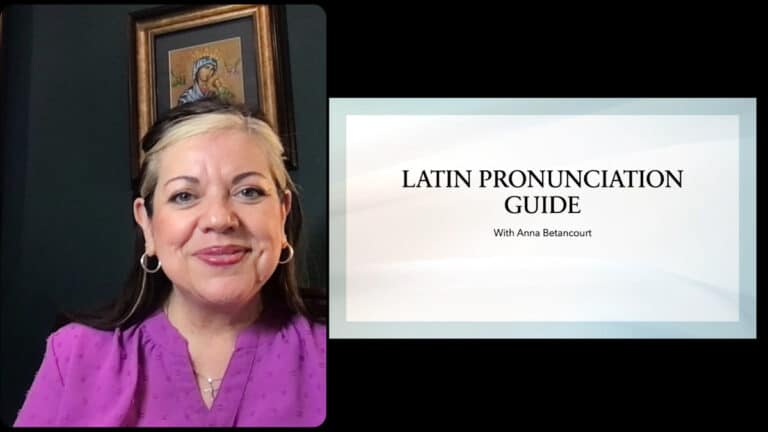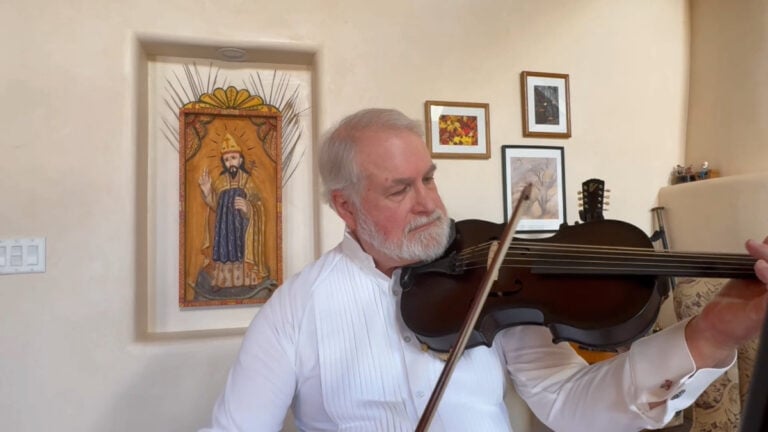Music theory can feel intimidating for many people. Some people learned the basics of music theory in grade school music classes or as part of music lessons during childhood but may have forgotten much of what they learned. Others have never been formally taught any theory but somehow intuitively understand theory. When it comes to music theory for ensemble musicians, there’s a wide range of experience levels and understanding. Thankfully, there’s also a wide range of resources available to learn more about music theory.
Music is often called a universal language, and the theory part is simply the grammar and vocabulary that let us accurately communicate music to each other. Today we’re sharing some music theory resources that are great for beginners and a good refresher for anyone who wants to brush up on their theory skills.
My personal experience with music theory
Before getting into the resources, I want to share a little about my own journey with music theory. I’ve had some version of music lessons since I was 5 years old. I deeply fell in love with music when I was 15 and discovered I could write my own music. But when I went for my audition at the University of Memphis School of Music, I failed my theory entrance exam! How? Why? I could feel all of the chord progressions, had played in symphonic band, won competitions, sung eight-part a capella pieces, and performed in numerous musicals. How could I have failed a simple music test?
The answer is that I had been doing the music for years but hadn’t been taught how to analyze it. I had played a G7 chord, but I didn’t know that’s what it was called or why. I had taken part in deceptive cadences and Picardy thirds, but they had never been labeled for me. Thus began my journey of learning how to translate the language of music into English.
Resources for music theory for ensemble musicians
I encourage you to spend time exploring the following resources, regardless of your knowledge and experience, because reviewing fundamentals is always helpful. If you’re new to theory and it feels overwhelming, take it slow and let yourself learn bit by bit. The first two videos cover a large amount of information in a short period of time. I recommend watching a few seconds, then pausing and reflecting on what you just saw. Watch it multiple times and give it some time to absorb in your brain before you move on.
Music Theory in 16 Minutes
This video talks through the basics of music theory, including major and minor scales, intervals, chords, and more.
The Basics of Music Theory Explained (in 10 minutes)
This video is more of a refresher than a beginner lesson. It starts with intervals and goes from there.
Music Theory Lessons
If you prefer to study information in written form online, these interactive lessons are helpful for learning everything from the meaning of music symbols to constructing scales and more.
Music Theory Exercises
Put your knowledge to the test with these online interactive exercises ranging from identifying key signatures and chords to ear training exercises.
Chord Progressions
Learn more about chord progressions, how to build them, and a few common chord progressions that everyone should know.
Essentials of Music Theory Book
If you learn best by going through a workbook, the Alfred’s Essentials of Music Theory book may be a useful resource. The book comes with exercises and audio tracks, plus an answer key so you can check your work.
There’s no shortage of resources out there to learn music theory for ensemble musicians, and these are just a few potential options to get you started. From blogs and online courses to videos and workbooks, the important part is finding a resource that matches your learning style and helps you better understand music theory. If you get started with one resource and find it’s not helpful, try a different one until you find one that works for you.
Written by Ray Mullins, a CLEF supporter who has served in music ministry and music education for two decades. He is a music teacher in Fayette County Public Schools in Tennessee and volunteers as a music minister in various parishes in the Memphis area.
Copyright © 2023 Catholic Liturgical Ensemble Formation.



